Tag: Academia
-
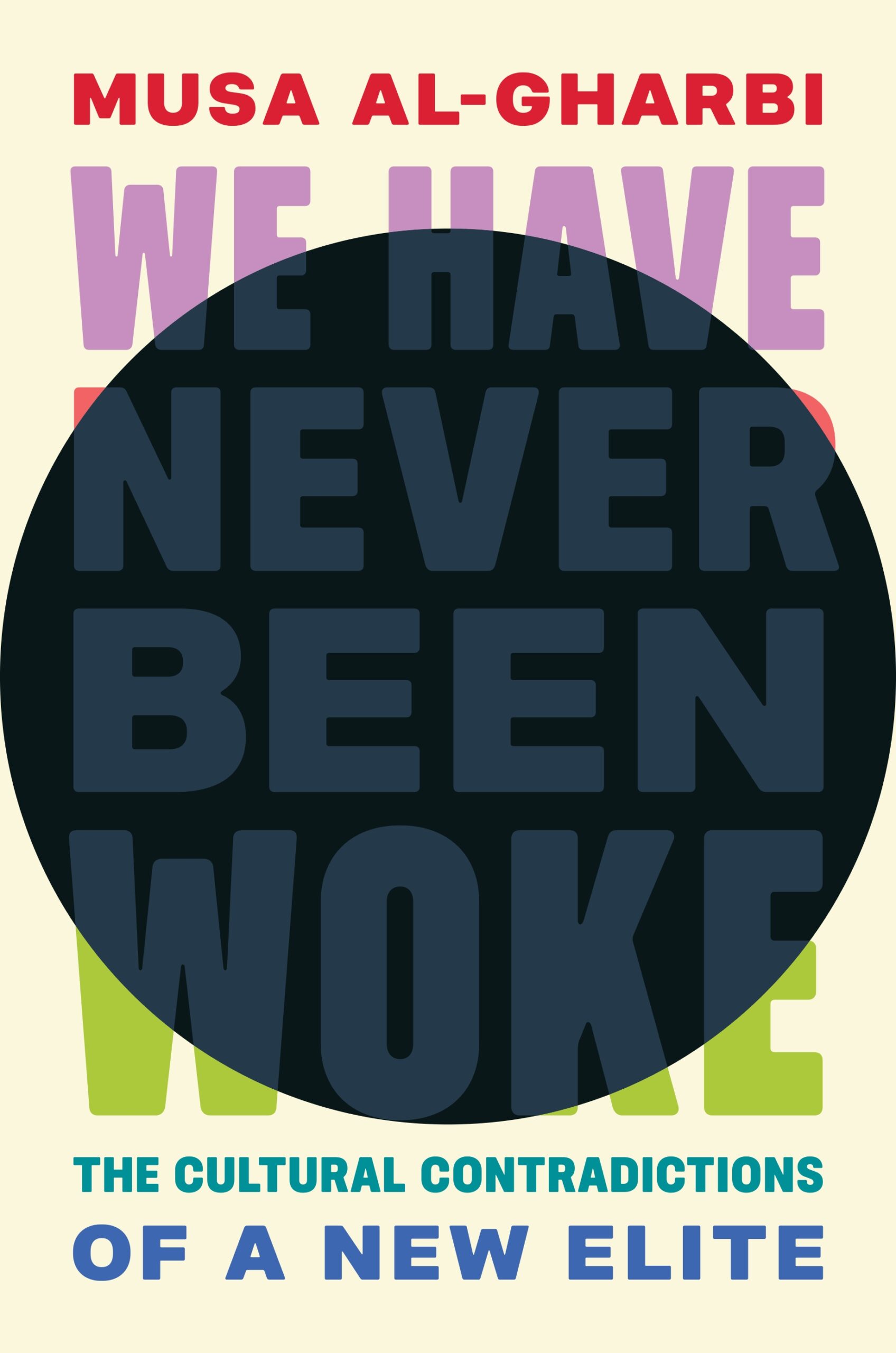
We Have Never Been Woke: pre-orders now live
I am pleased to report that my first book, We Have Never Been Woke: The Cultural Contradictions of a New Elite, now has an official release date: October 8, 2024. Even better, it is now officially available for preorder via Bookshop.org, Barnes & Noble, Amazon and most other major retailers. Princeton University Press was very…
-

It’s Easy to Misunderstand Antisemitism in America
According to many popular contemporary narratives, American society is rife with antisemitism. Institutions of higher learning are purportedly hotbeds of anti-Jewish animus, indoctrinating impressionable young people into a leftist ideology that paints Jews as extraordinarily privileged, Israelis as oppressors, Hamas as brave freedom fighters and Palestinians as blameless victims. Many people I deeply respect have embraced claims like these…
-

New paper explores censorship and self-censorship in science
In a new paper published in the Proceedings of the National Academy of Sciences, my co-authors and I explore the prevalence, causes and impacts of censorship and self-censorship in science. We find that censorship is driven heavily by scientists themselves and, although the consequences of censorship are often pernicious in practice, censors tend to be…
-
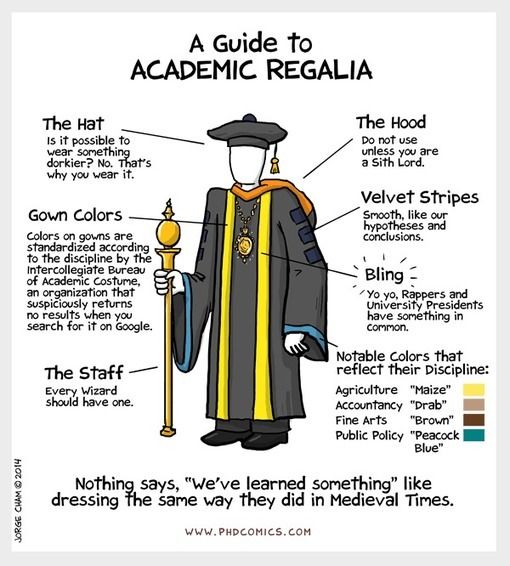
Education and Privilege Laundering
We’ve recently concluded another graduation season. The annual ritual wherein professors and deans, decked out in their wizard regalia, engage in a collective mystification of contemporary inequalities. By the end of the ceremony, diplomas in hand after four years of striving, graduates will come to believe they “deserve” the relatively comfortable jobs, above-average (dual) incomes,…
-
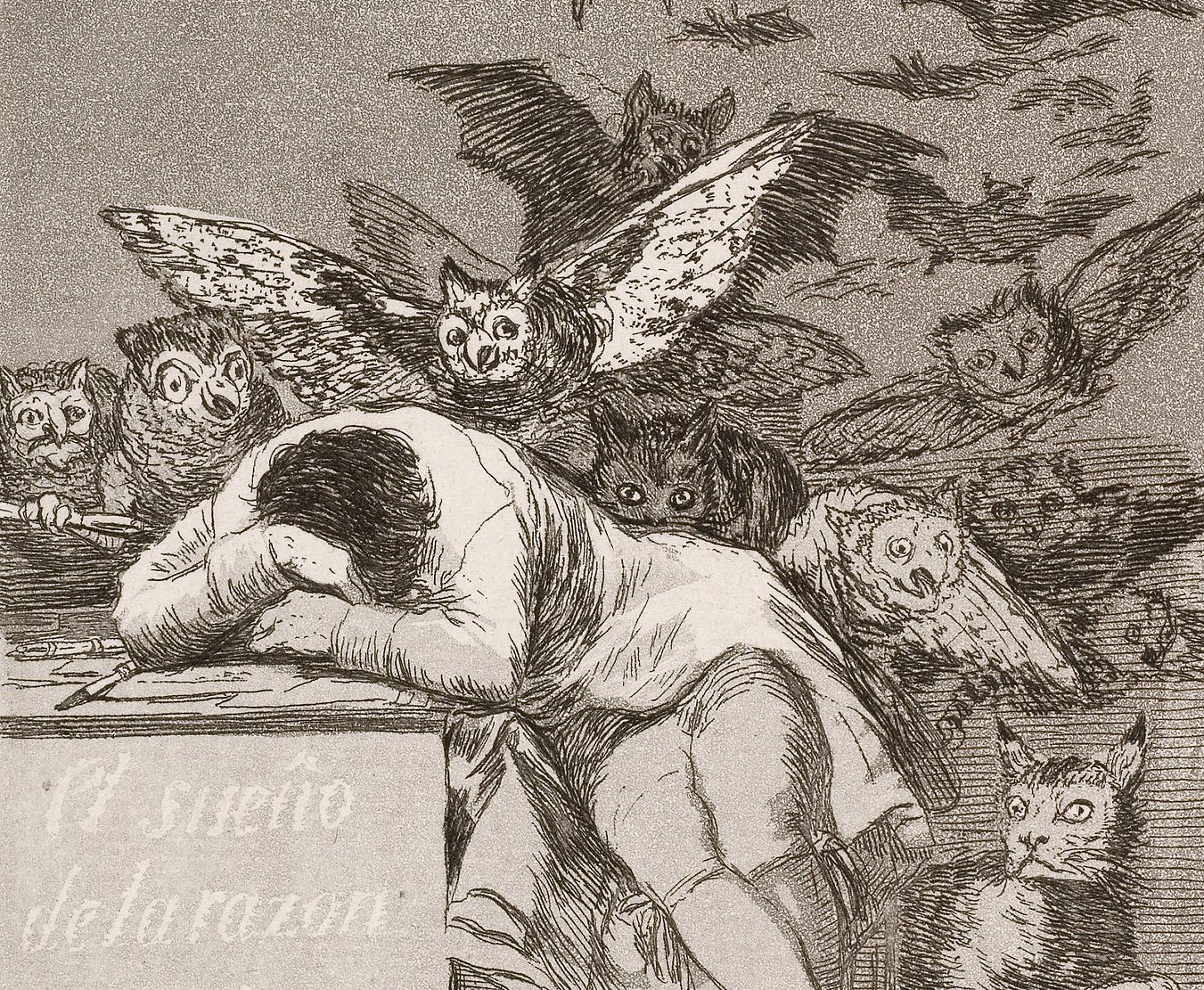
Contextualizing Ideological Gaps in Mental Illness and Well-Being
In a recent essay for Social Science & Medicine – Mental Health, epidemiologist Catherine Gimbrone and co-authors identified a significant gap in depressive attitudes between liberal and conservative teens. This gap was present in all years observed in the study (2005-2018). However, it grew significantly starting in 2012, as depressive affect unilaterally spiked among liberals.…
-

The ‘Great Awokening’ Is Winding Down
Beginning in 2011, there was a rapid shift in the ways people associated with the knowledge economy talk about, and engage on, ‘social justice’ issues. Those who work in fields like tech, finance, education, journalism, arts, entertainment, design and consulting (and students who aspired to these professions) grew much more politically ‘radical’ over the…
-
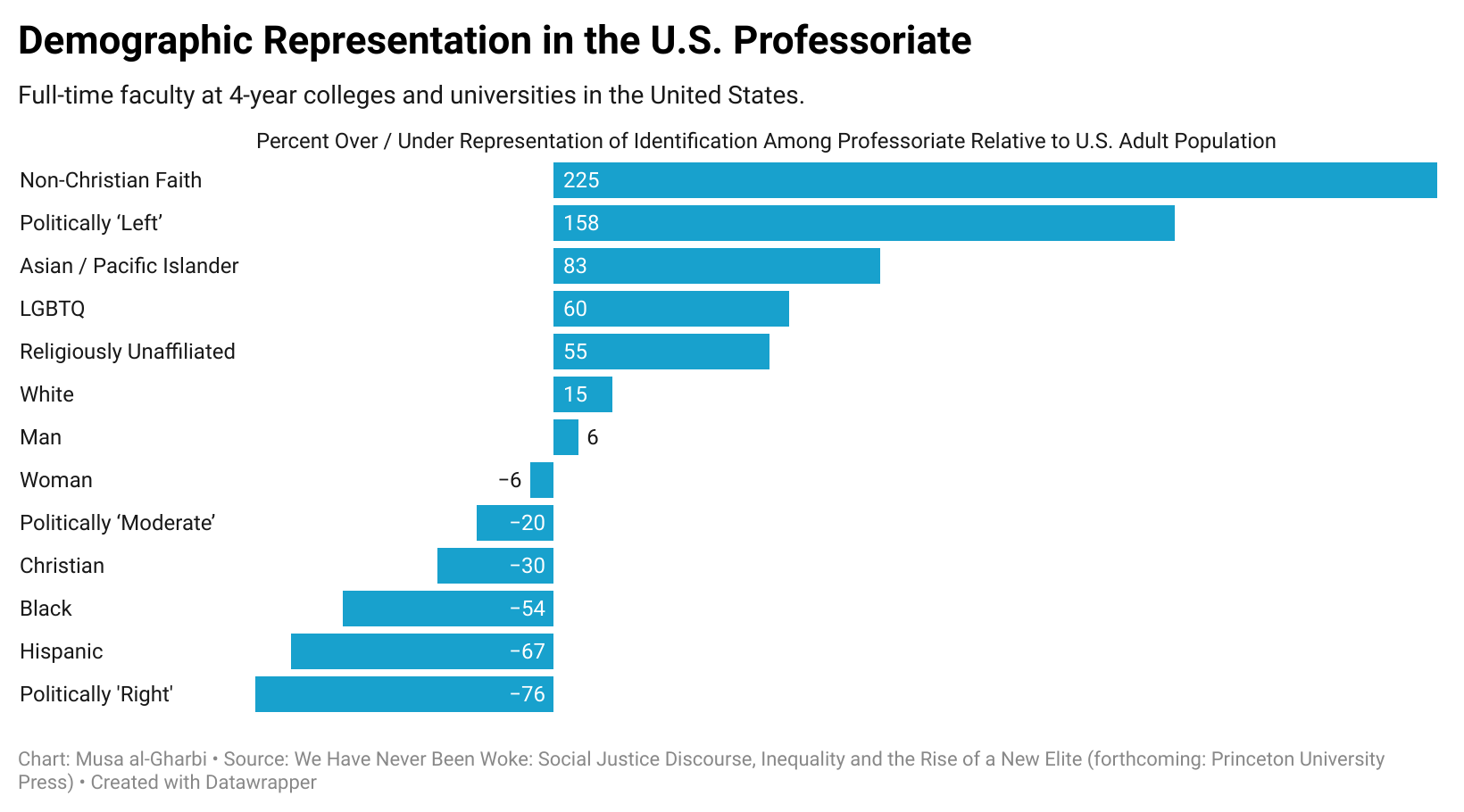
U.S. College Professors Do Not Well-Represent the Rest of America
Tenured and tenure-track college professors are drawn from a narrow and idiosyncratic slice of society. Many backgrounds and perspectives are dramatically underrepresented in the academy. This gulf between the ivory tower and the rest of society undermines knowledge production, pedagogy, and public trust in experts and scientific claims. A new study published in Nature Human Behavior argues that, at its current rate of change,…
-
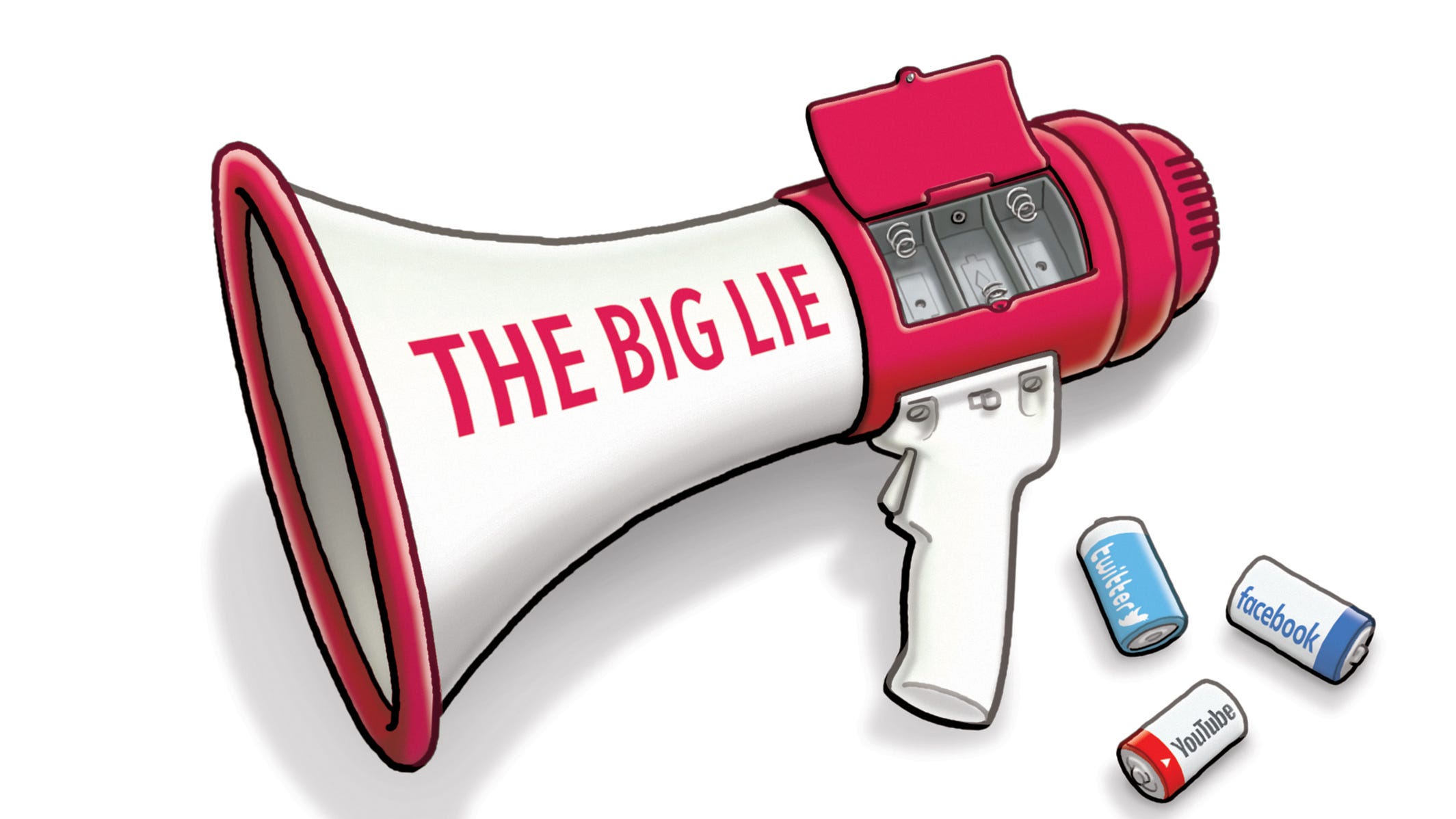
Some Awkward Truths About the ‘Big Lie’
According to a number of polls and surveys, significant majorities of GOP-aligned voters seem to believe the ‘Big Lie’ that Trump was the rightful winner of the 2020 U.S. Presidential Election and, consequently, the Biden Administration is illegitimate. Taking these data at face value, a growing chorus insists that we’re living in a ‘post-truth’…
-

College, Inequality and African Americans: Change and Continuity
At the turn of the 20th Century, WEB DuBois’ hoped a ‘Talented Tenth’ would eventually emerge from institutions of higher learning and leverage their social capital to lift up their peers. Putting social solidarity above their own interests, they would dedicate their efforts primarily to leading and empowering other people of color. Today, DuBois’ vision…
-

On the January 6 Capitol Riots and ‘Teaching to the Moment’
In the aftermath of the January 6 riots at the U.S. Capitol, which left five people dead, and nearly derailed Congressional certification of the 2020 election results, many in higher ed have been wrestling with questions around what they can do to help mitigate the cultural and political crisis we find ourselves in, and how…
-
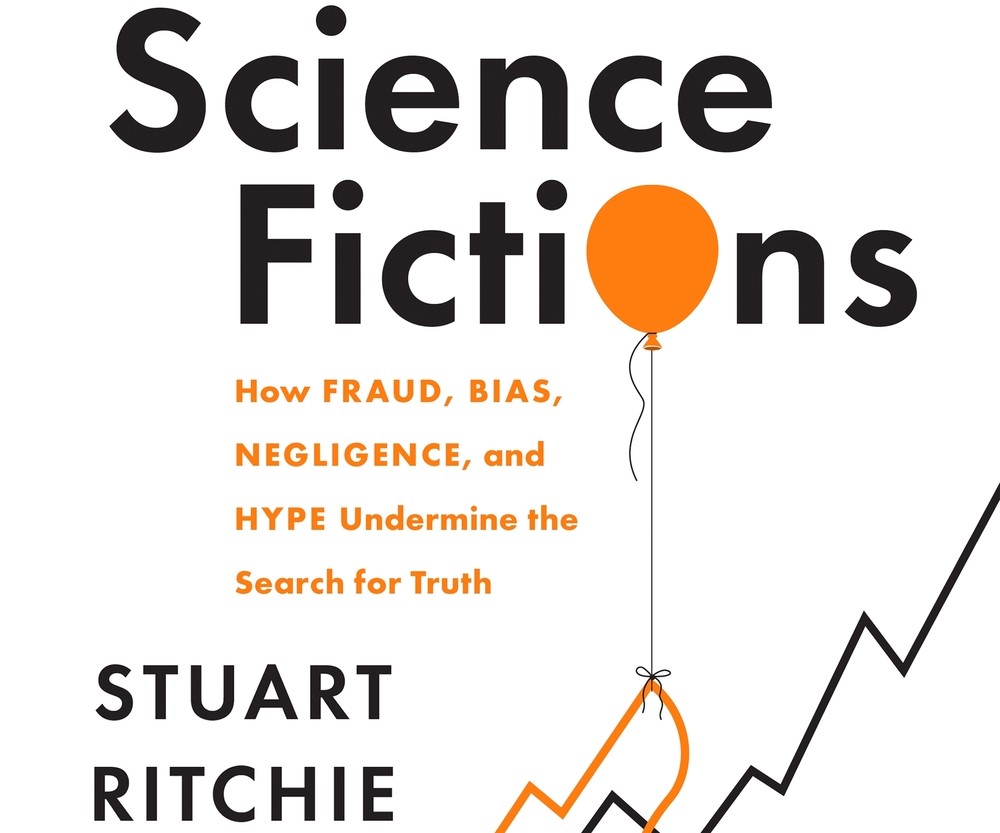
Science Fictions: How Fraud, Bias, Negligence and Hype Undermine the Search for Truth
In Science Fictions, psychologist Stuart Ritchie explores how the scientific enterprise systematically goes awry, and what can be done to right the ship. The book is focused on, essentially, the inverse of the problem that Heterodox Academy was created to solve. The key problem with science today, as Ritchie sees it, is not that there…
-
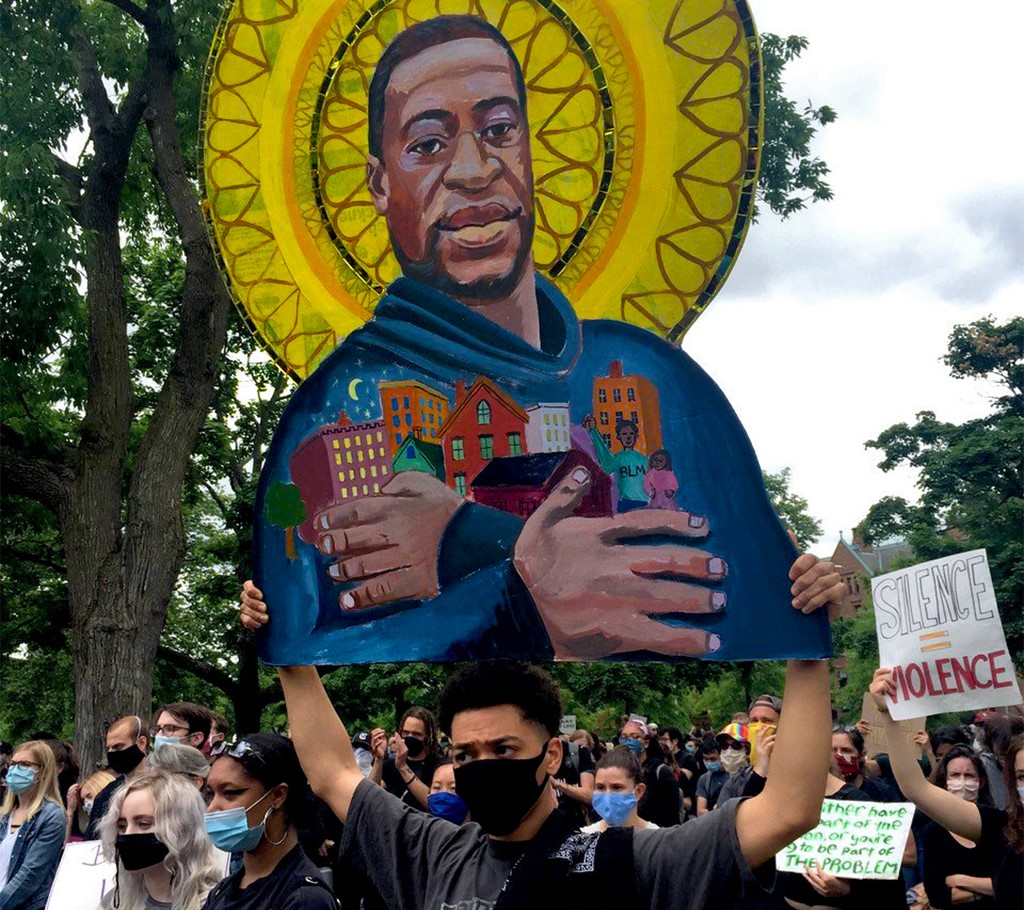
On the ‘Great Awokening’ and Racial Realities
Is there anything of which one might say, ‘See this, it is new?’ Already it has existed for ages which were before us. There is no remembrance of earlier things; and also, of the later things which will occur, there will be for them no remembrance among those who come later still.” Ecclesiastes 1: 10-11…
-
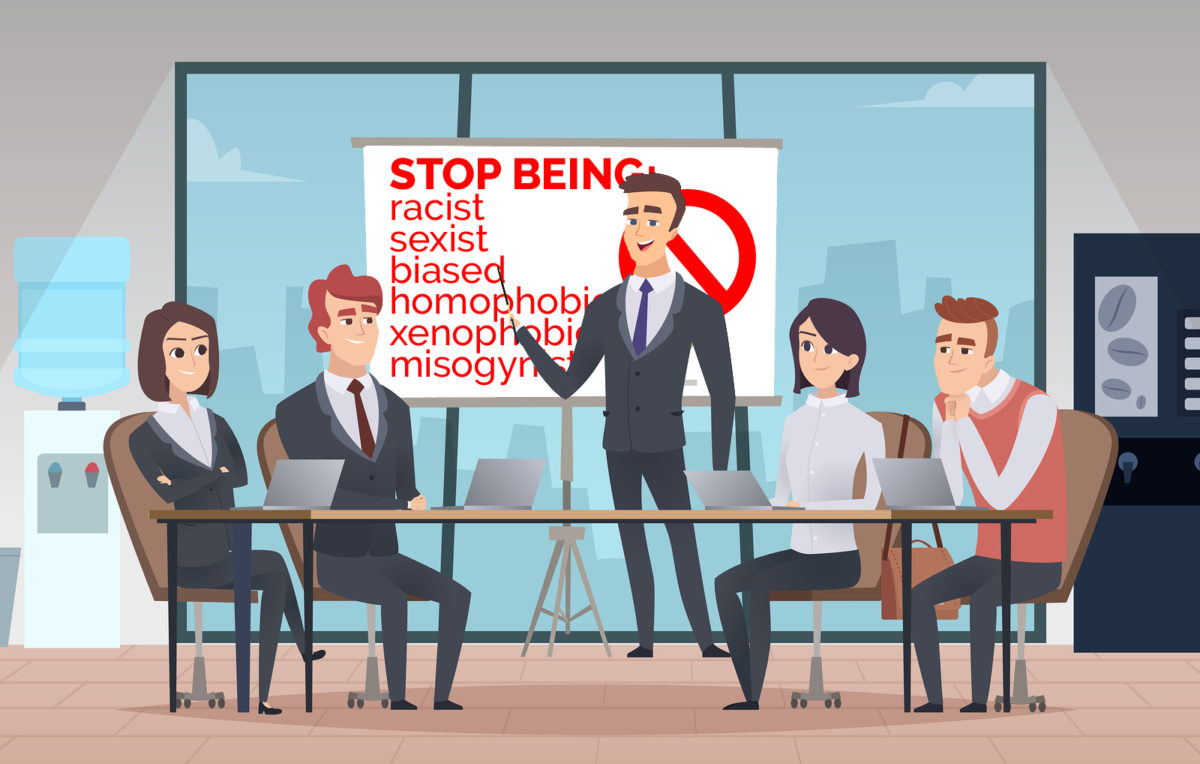
Diversity is Important. Diversity-Related Training is Terrible.
In wake of George Floyd’s murder and the protests that followed, many colleges and universities have been rolling out new training requirements – often oriented towards reducing biases and encouraging people from high-status groups to ‘check their privilege.’ The explicit goal of these training programs is generally to help create a more positive and welcoming…
-
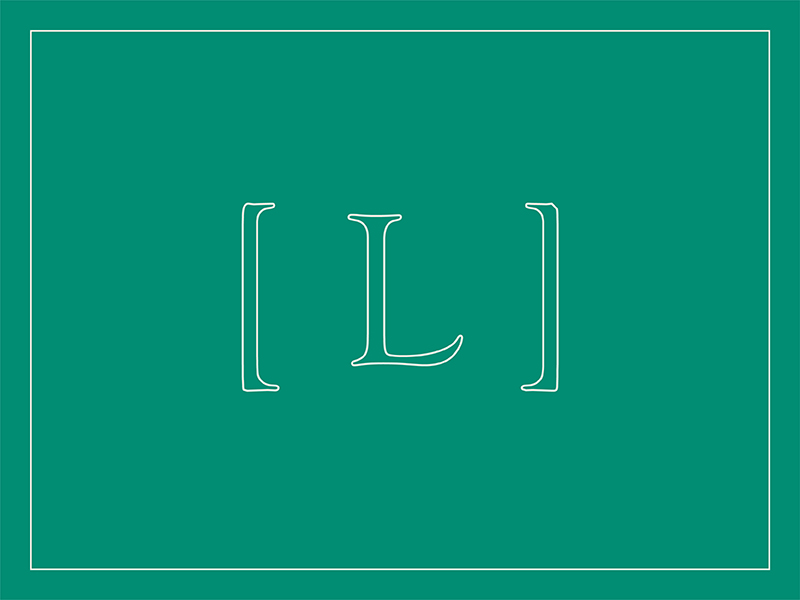
My Problem with the ‘Harper’s Letter’
On July 7th, Harper’s Magazine published “A Letter on Justice and Open Debate,” colloquially known as the “Harper’s Letter.” The collective statement was signed by more than 150 public luminaries, from prominent academics and journalists to bestselling authors. The signatories denounced a culture of repression, fear, and reprisal which they claim has overtaken many institutions of cultural…
-

Why Reflexivity is Important for Research and Activism
In a recent essay for Public Seminar, I explored Amy Cooper’s attempts to sic police on a black man for telling her to leash her dog. I argued that her actions should not be understood as novel or surprising, and explained how her likely (liberal) sociopolitical orientation may have contributed to how the confrontation played…
-
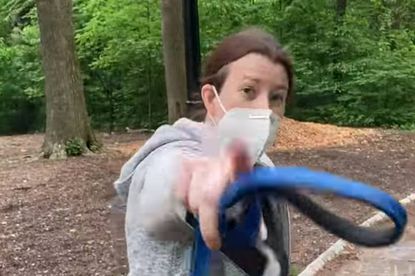
‘Karen’ is a Democrat
Amy Cooper was asked to put her pet on a leash, in accordance with city ordinance. Rather than simply complying with the rules, Ms. Cooper tried to sic the police on the person who pointed out her violation – feigning to be in imminent danger from an ‘African American man.’ Fortunately, the man accused of…
-
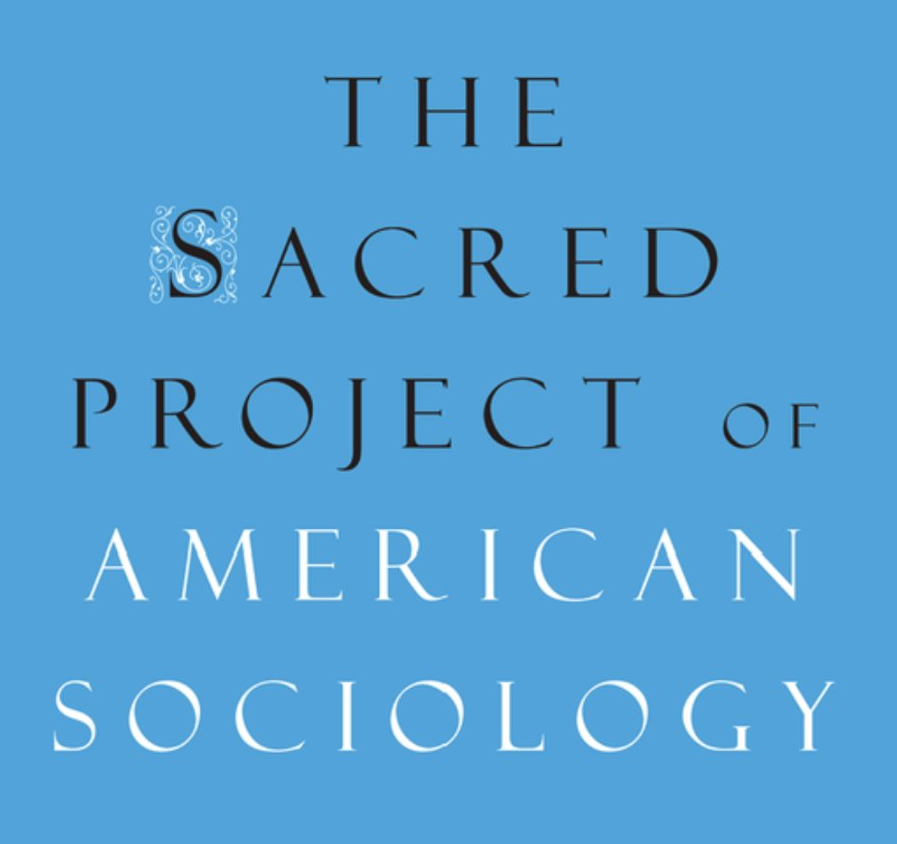
The Sacred Project of American Sociology
What is sociology “about?” According to the American Sociological Association (ASA), it is: “The study of society, a social science involving the study of the social lives of people, groups and societies; the study of our behavior as social beings, covering everything from the analysis of short contacts between anonymous individuals on the street to…
-
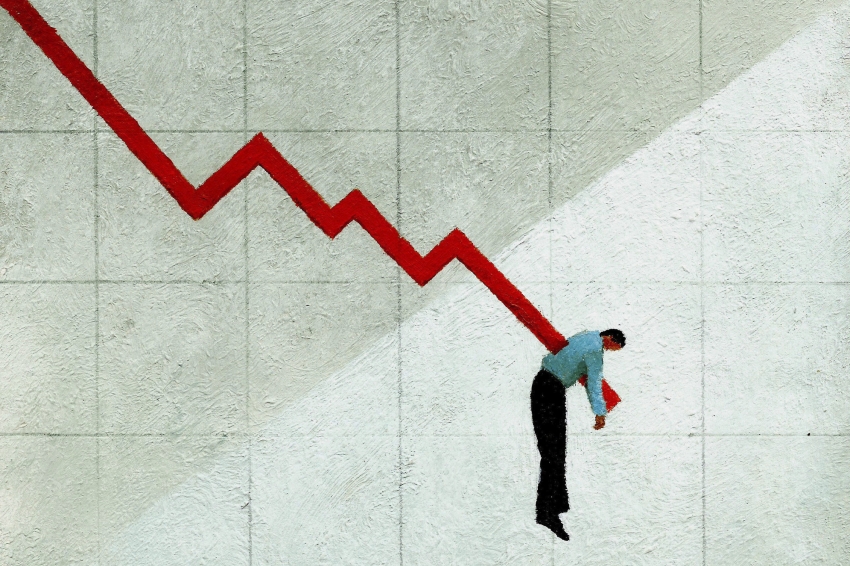
Disposable Scholars
Crises, such as the ongoing COVID-19 pandemic, often serve to clarify the state of the societies and institutions they impact – highlighting dynamics which have long been present but have previously gone unnoticed or underdiscussed. Higher ed is no exception. At colleges and universities nationwide, institutional responses to the coronavirus pandemic highlight just how much…
-
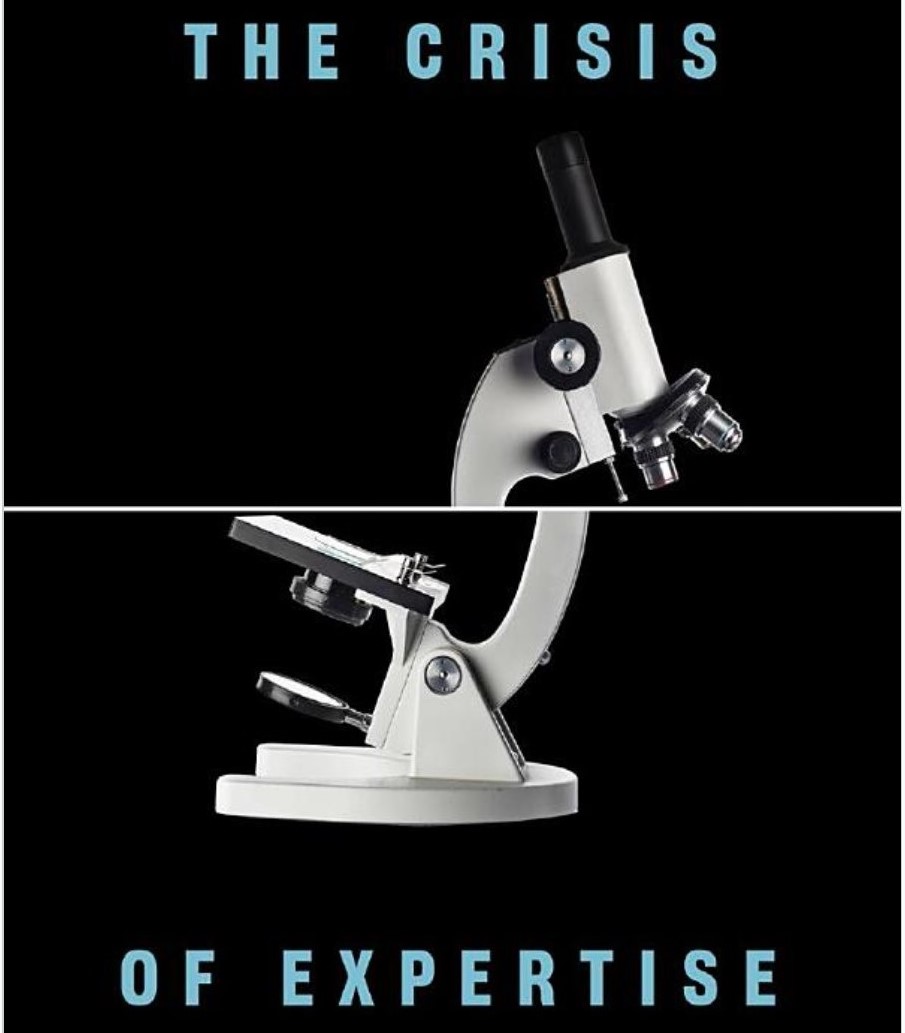
The Crisis of Expertise
There has been a lot of talk in recent years about the “war on science” or the so-called “death of expertise.” However, according to the General Social Survey, there has been no radical decrease with respect to public trust in the scientific community per se. In fact, contemporary Americans have more trust in the scientific…
-
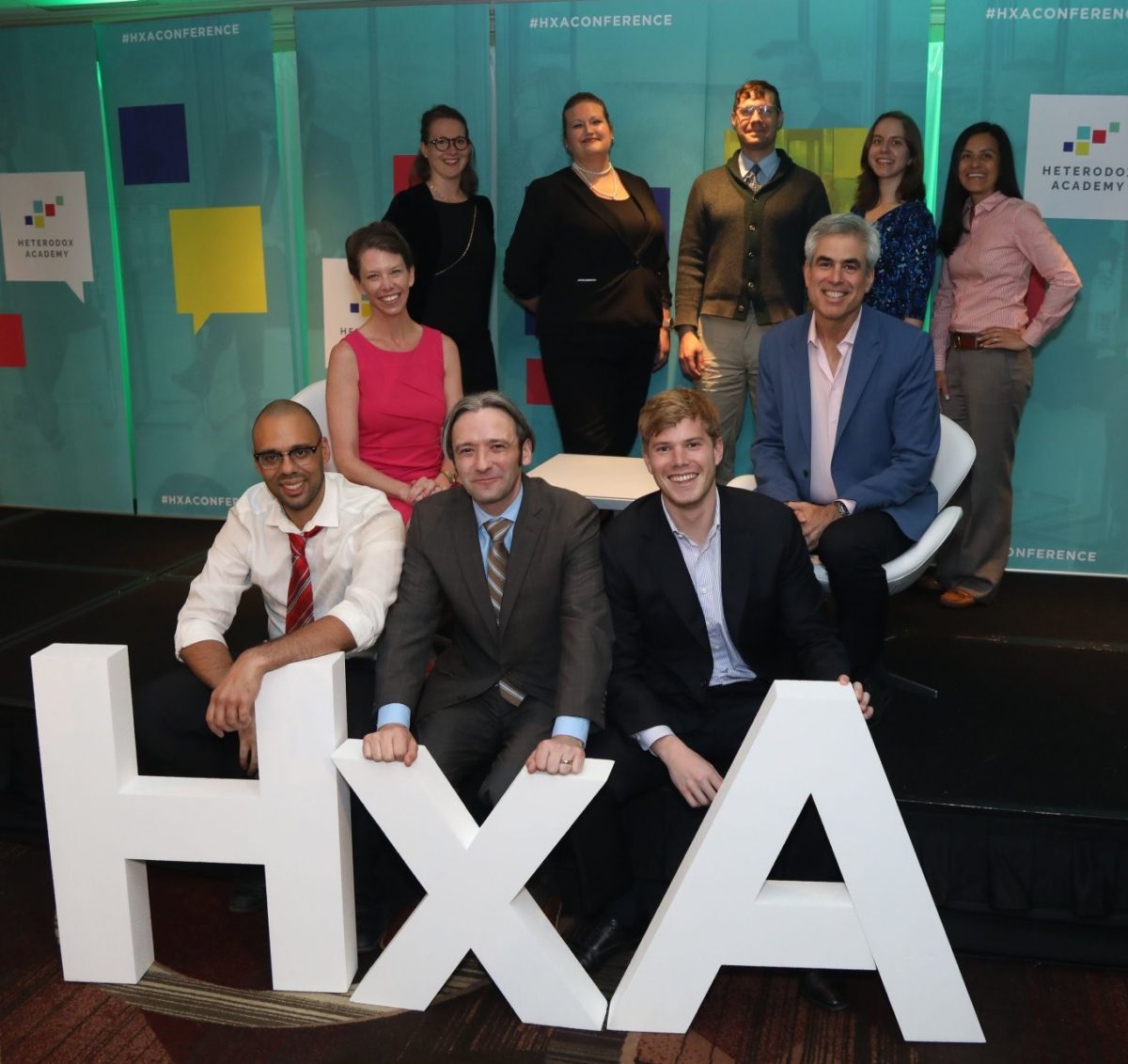
On Heterodox Academy and Effective Advocacy
I began working with Heterodox Academy in the fall of 2016, about a year after the group was formed. At that time, the organization (such as it was) was a handful of interesting people who met in Jon Haidt’s NYU office every week to talk about current events, ideas for blog posts and external publications,…
-
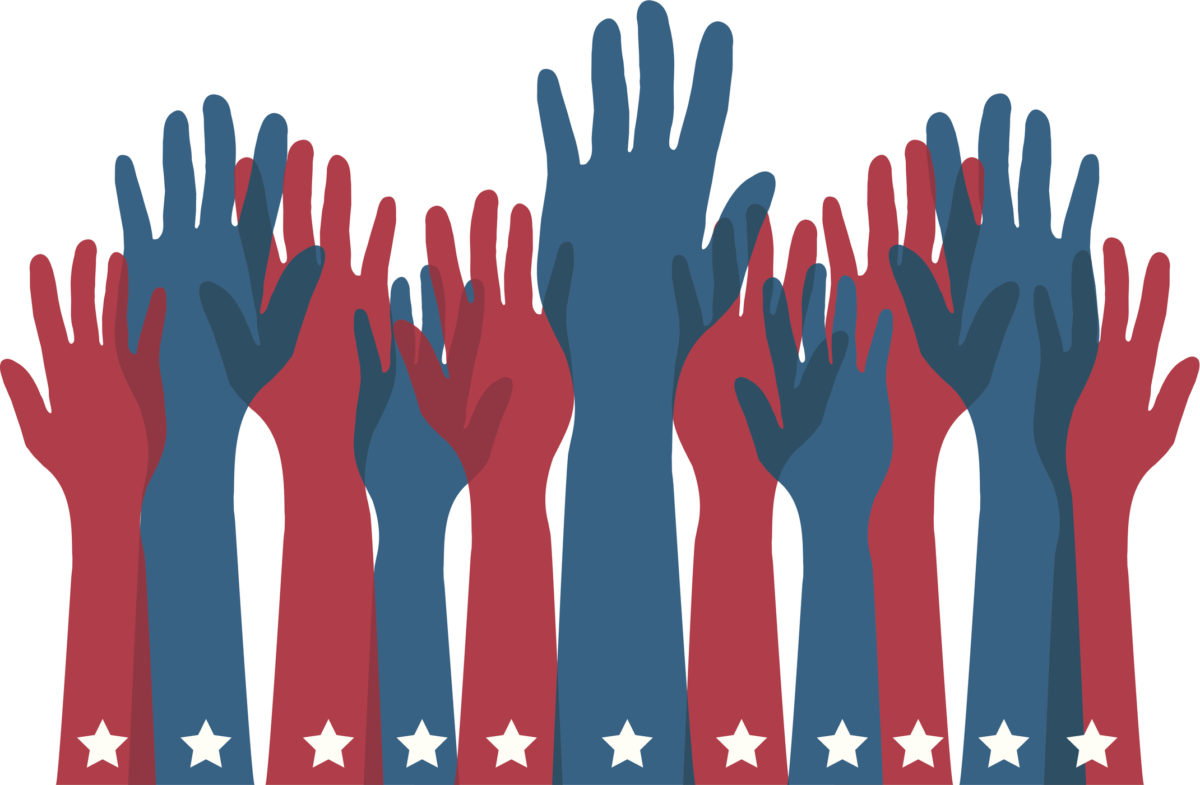
Students are Ideologically Diverse. Here’s How to Surface that Diversity.
It has long been a talking point on the right that leftist professors are ‘indoctrinating’ college kids (an elaboration on why many quite reasonably hold this belief is available here). However, a number of recent studies suggest that this narrative is incorrect: students can reliably determine what their professors’ political beliefs are, and when they…
-

(Why) Liberal Faculty Don’t Discriminate Against Conservative Students in Grading
Many right-of-center students (especially those who are grade-obsessed) fear that their professors will punish them for their political and cultural views if they were to express them in class discussions or assignments – and choose to self-censor instead. It’s easy to understand why they are concerned: there is a significant lack of ideological diversity among…
-
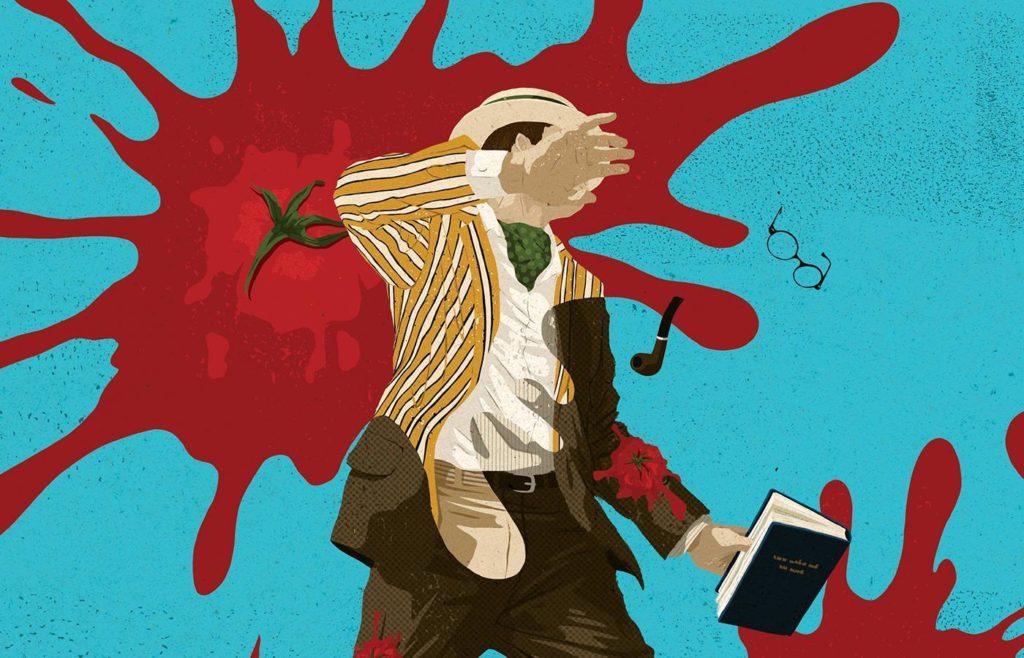
There’s No Reason to Be Smug About the Partisan Diploma Divide
“We were laughing at the stars while our feet clung tight to the ground — so pleased with ourselves for using so many verbs and nouns…” Modest Mouse, “Black Cadillacs,” Good News for People Who Love Bad News Dr. Amir Attaran, a professor of Law and Medicine at University of Ottawa recently set off a…
-
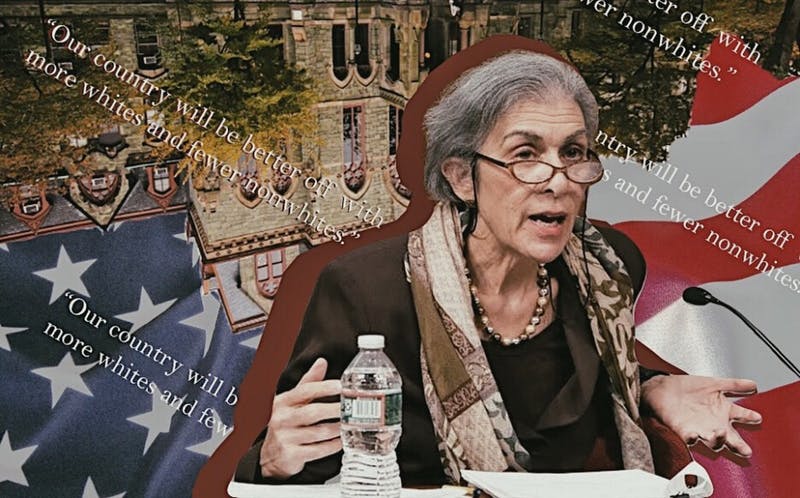
On Amy Wax, Tenure and Academic Freedom
In mid-July the Edmund Burke Foundation hosted its inaugural National Conservativism Conference – an event intended to “bring together public figures, journalists, scholars, and students who understand that the past and future of conservatism are inextricably tied to the idea of the nation, to the principle of national independence, and to the revival of the…
-

How Universities Help Shape Local and Regional Politics
In a previous essay, I demonstrated that there seems to be a longstanding relationship between the ideological skew of colleges and universities, and the political leanings of the communities they are embedded in. Over the last 30 years, university faculty have shifted dramatically leftward – and so have the communities hosting elite private universities, the…
-

On the relationship between ideological and demographic diversity
It is often said that the academy is dominated by the left. There is certainly a sense in which that is true. In terms of ideological self-identification, for instance, students, faculty and administrators trend decisively left (in ascending order of political homogeneity). However, this narrative is also a bit simplistic. First, because ideological self-identification is…
-
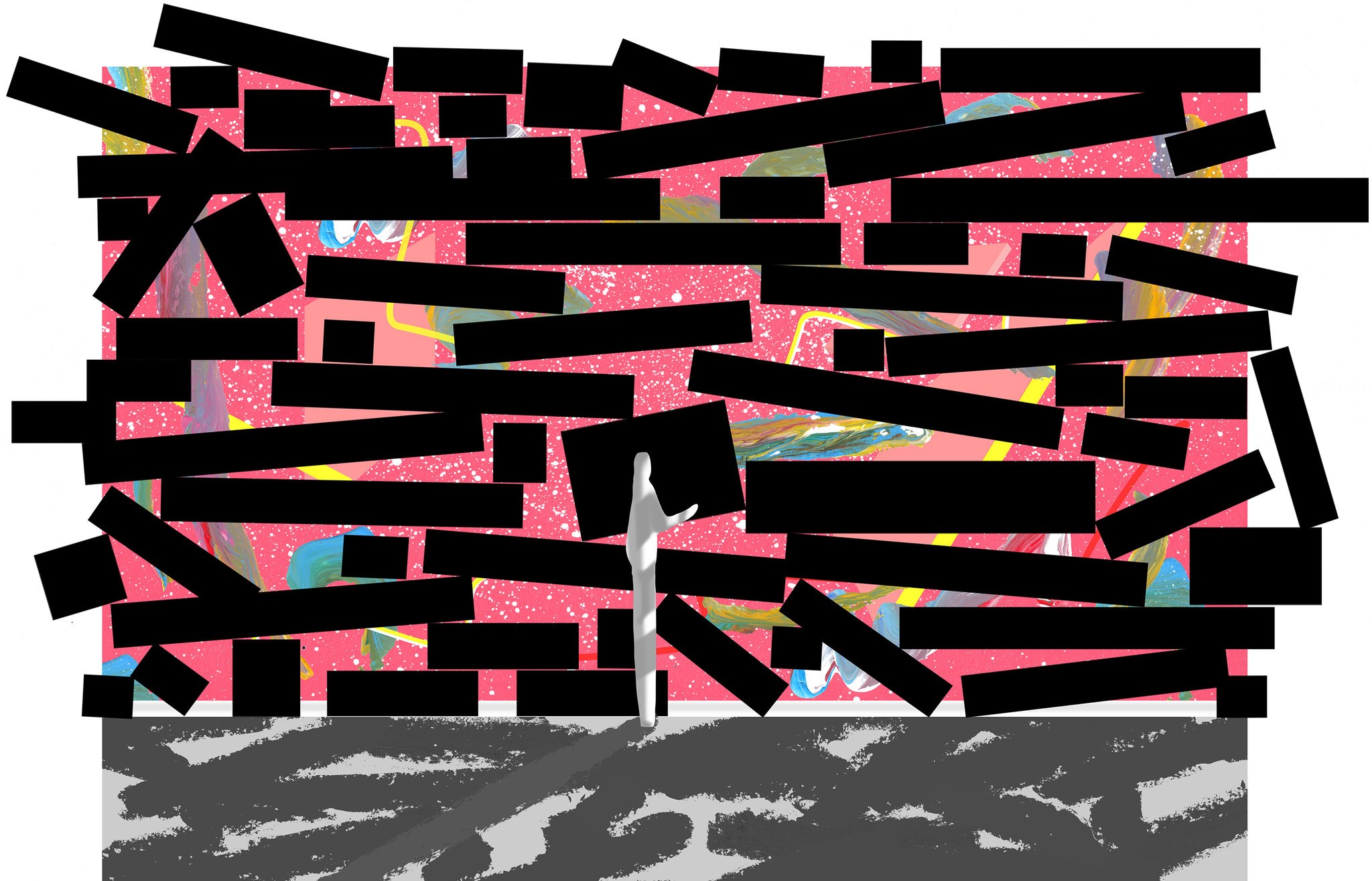
Comparing Perceived Freedom of Expression on Campus v. Off
As an organization, Heterodox Academy is growing increasingly focused on highlighting not just problems, and what is going wrong – but also solutions, and what’s going right, who is doing it well, and how. Consequently, many of us were thrilled reading Jeffrey Sachs’ recent Niskanen essay highlighting positive trends on campus (although an implication of…
-

Trump’s Executive Order on Campus Speech is a Raw Deal for Conservatives
“The political world is playing a very different game, and it’s a game that almost always damages our work in universities.” Jonathan Haidt, Chronicle of Higher Education One year ago, almost to the day, President Trump declared that the campus free speech crisis was ‘overblown.’ Since then, the trends have actually moved in an even…
-
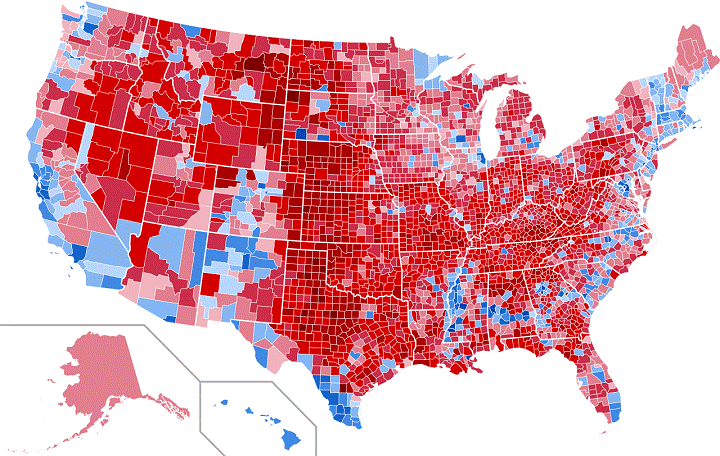
Longitudinal Trends: Ideological Diversity In Universities v. Surrounding Communities
In a recent book, Land Grant Universities for the Future, Stephen Gavazzi and Gordon Gee analyze polling data from land grant universities and their host communities and find that institutions of higher learning tend to be “islands of blue” which mirror state capitals and major urban areas, inside “vast seas of red” – i.e. the…
-

You Can’t Change the World From a ‘Safe Space.’
Most of us who go into the humanities and social sciences don’t just want to understand social problems — we want to help resolve them as well. There strong agreement about what our societies’ biggest problems are (for instance, inequality), and broadly, how to go about solving them (i.e. harness expertise and leverage the state or…
-
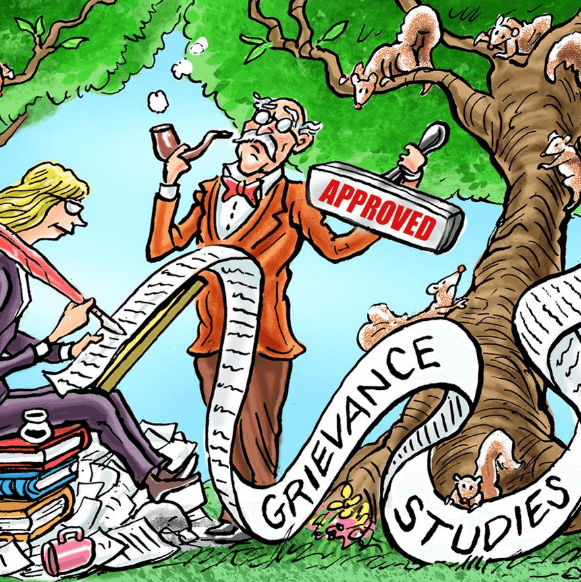
On the Sokal Squared/ Grievance Studies Hoax
Over the past year, Helen Pluckrose, James Lindsay & Peter Boghossian published a series of hoax papers in humanities journals oriented towards the “critical study” of gender and sexuality. Their plot was discovered midway through, forcing them to go public prematurely. In a journal-length essay explaining their methods, findings, and intentions, “Academic Grievance Studies and…
-

Vox’s Consistent Errors on Campus Speech, Explained
The Free Speech Project (FSP), based out of Georgetown University, attempts to document “incidents in which Free Speech has been challenged or compromised in recent years, and collect analysis from various points of view of the struggle to sustain First Amendment Values.” This is a great initiative. In fact, Heterodox Academy recently ran a post…
-

Q&A: Why Care About Ideological Diversity in Social Research?
Perhaps the most common response I get from my fellow scholars when I mention the dearth of conservative perspectives in the academy (and especially in social research fields) is something like, “what about other historically disadvantaged or underrepresented groups? Isn’t the underrepresentation of blacks, Hispanics, women, LGBTQ scholars a bigger problem than the lack of…
-

(How) The Lack of Conservatives in the Academy Harms Progressive Scholars (Most)
It is no longer a matter of dispute whether increasing diversity of perspectives enriches understanding of social issues. Conversations about diversity at institutions of higher learning typically turn on questions of race, gender and sexuality. More recently, class, geography and the intersections between categories of underrepresentation have been integrated into the discussion. However, viewpoint diversity…
-
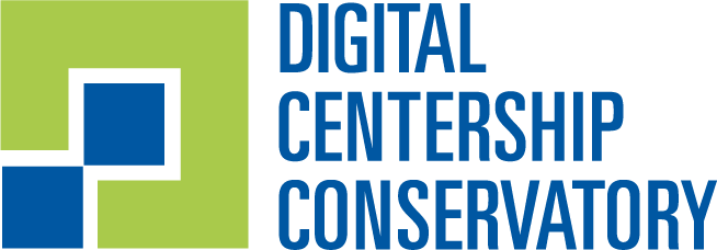
Navigating Moral Disagreements: Three Strategies from the Literature on Moral and Cultural Cognition
We in America and Western Europe, and by now many other places in the world, have this idea of people as fundamentally rational. On this account, our profound cognitive abilities are designed to help us discover objective truths about the world through logical argument and empirical observation. Contemporary research in cognitive science, psychology and related…
-
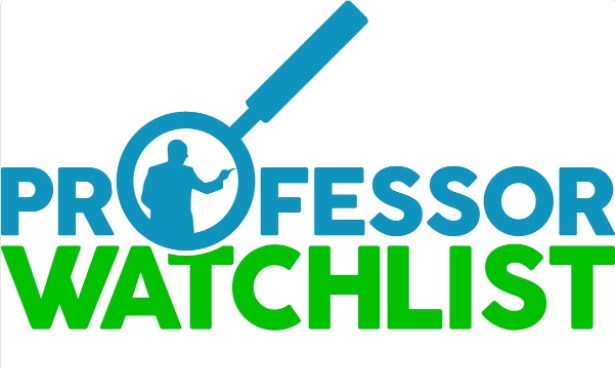
Any Progressive Scholar Could End Up Like George Ciccariello-Maher
George Ciccariello-Maher, formerly an Associate Professor of Politics & Global Studies at Drexel University, was effectively forced out of his position after describing the Las Vegas massacre as a product of a ‘white supremacist patriarchy’ which must be dismantled. In truth, this is actually a fairly standard narrative among progressives in response to mass shootings…
-
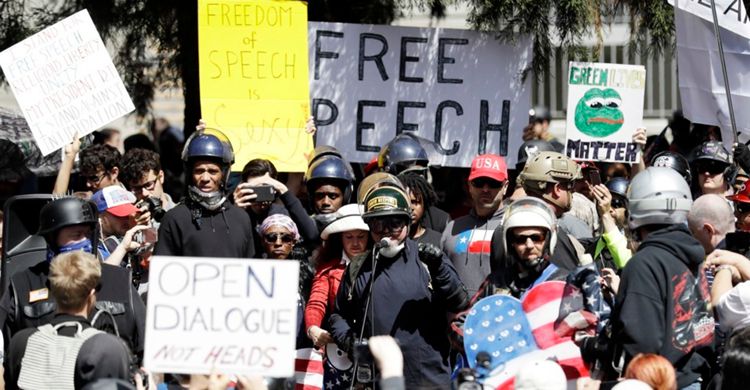
Progressives, Vulnerable Groups Most in Need of Campus Free Speech Protections
Harvard President Drew Faust gave a ringing endorsement of free speech in her recent 2017 commencement address. There was, however, one passage where Faust chose to focus on the price of Harvard’s commitment to free speech, arguing that it “is paid disproportionately by” those students who don’t fit the traditional profile of being “white, male,…
-

The Media Bubble is a Thing. For Real.
In a recent article for the Times Higher Education I pointed out how the lack of ideological diversity among social researchers not only undermines the extent to which research is trusted, funded or utilized, but also undermines researchers’ “capacity to understand phenomena, predict trends, or craft effective interventions.” Journalistic outlets face many of the same…
-

Social Research Will Benefit from Greater Ideological Diversity
Beginning in the late 18th century, post-secondary education was restructured across Europe—in part under the auspices of accelerating the transition to an envisioned rational and secular age.[1] In order to enroll the broadest swath of the public in this enterprise, institutions and curricula were rendered more accessible, inclusive, and professionally-oriented. Similarly, across the pond, in…
-
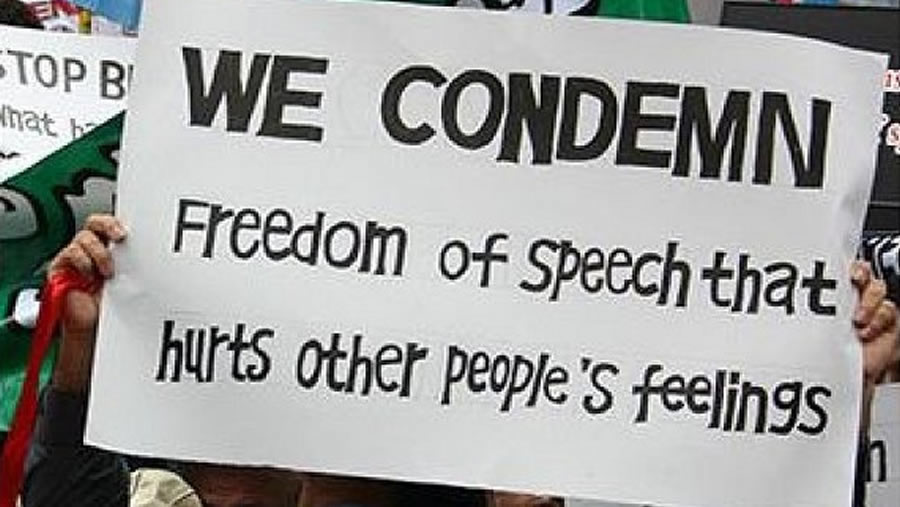
The Big Debate About Microaggressions
The concept of microaggressions gained prominence with the publication of Sue et al.’s 2007, “Racial Microaggressions in Everyday Life,” which defined microaggressions as communicative, somatic, environmental or relational cues that demean and/or disempower members of minority groups in virtue of their minority status. Microaggressions, they asserted, are typically subtle and ambiguous. Often, they are inadvertent…
-

Creating Visionaries
Education plays a pivotal role in cultivating excellence—although its function is largely misunderstood. Consider the case of entrepreneurs: Successful entrepreneurs tend to be both more intelligent than average, but also more confident. Perhaps for these very reasons, they are also far more likely to engage in disruptive or even illicit activity in their youth. Fortunately,…